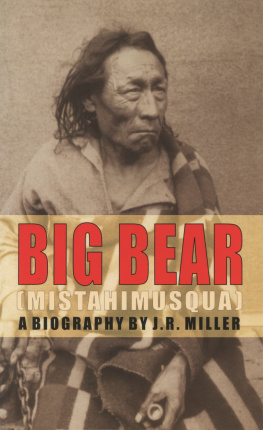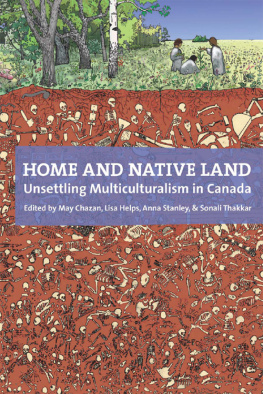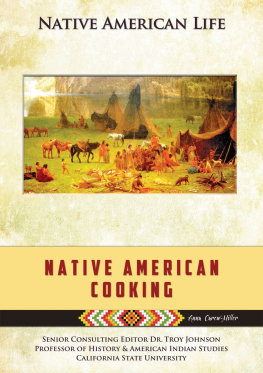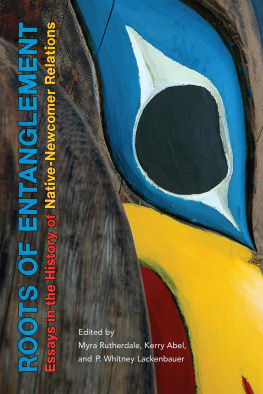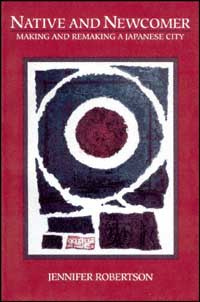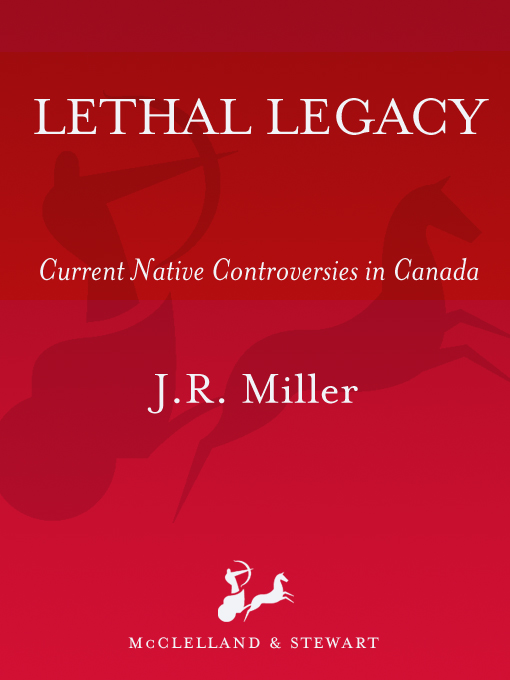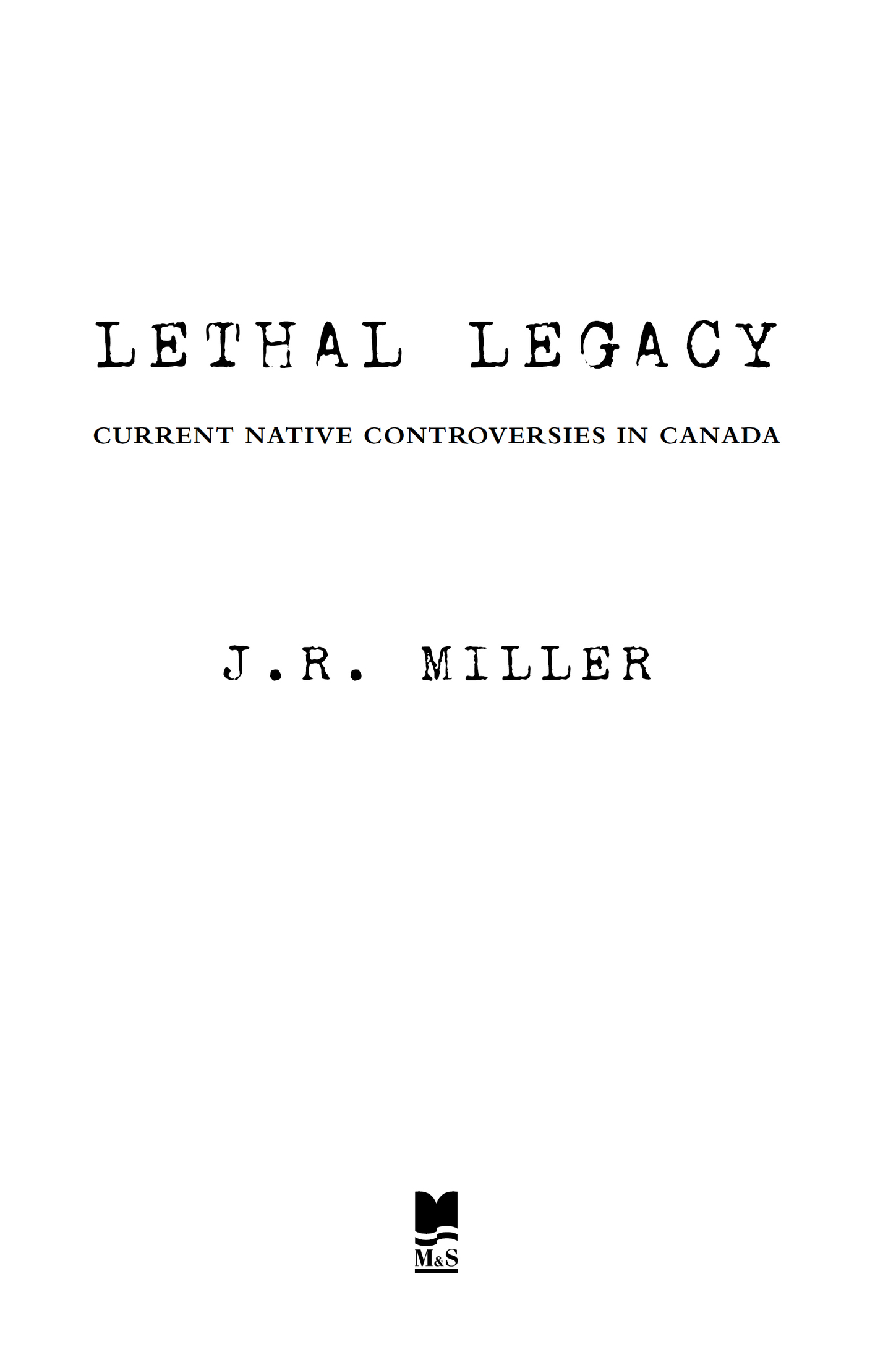Contents
Copyright 2004 by J.R. Miller
Hardcover edition published 2004
Electronic edition published 2016
McClelland & Stewart and colophon are registered trademarks of McClelland & Stewart
All rights reserved. The use of any part of this publication reproduced, transmitted in any form or by any means, electronic, mechanical, photocopying, recording, or otherwise, or stored in a retrieval system, without the prior written consent of the publisher or, in case of photocopying or other reprographic copying, a licence from the Canadian Copyright Licensing Agency is an infringement of the copyright law.
Library and Archives Canada Cataloguing in Publication is available upon request
ISBN9780771059025
Ebook ISBN9780771062254
Map on is by VisuTronx, based on the original from J.R. Millers Skyscrapers Hide the Heavens, courtesy of UTP and J.R. Miller.
McClelland & Stewart,
a division of Penguin Random House Canada Limited,
a Penguin Random House Company
www.penguinrandomhouse.ca
v4.1
a
Contents
To Mary
Preface
This book originated in my concern about developments in Canada, especially in Aboriginal affairs, in recent decades. For some time I have observed with growing anxiety the increasingly vexed nature of discussions over public policy affecting Aboriginal peoples. For at least the past quarter-century the place of indigenous peoples in Canada and the nature of their relationship with the non-Native majority have been prominent topics in Canadian life. Beginning as a subsidiary issue in the debates over constitutional renewal that consumed political elites from 1977 until 1982, and again from 1987 until 1992, Native peoples and issues have at times assumed central importance in the national debate. Thanks in part to a series of political and military confrontations in the 1990s, Aboriginal matters have often gripped the attention of politicians and the general public. First, the role of Oji-Cree Member of the Legislative Assembly of Manitoba Elijah Harper in 1990 in killing the Meech Lake Accord for constitutional renewal confronted political Canada with the widespread and intense disgruntlement among First Nations leaders about the way in which their concerns had been sidelined in the negotiations for which Meech Lake was supposed to be the culmination. Next, the clash between Mohawk Warriors and Quebec Provincial Police that consumed public attention during the summer of 1990 broadened awareness of Aboriginal anger from the political classes to the Canadian general population. During the remainder of the 1990s a series of major land disputes and Supreme Court of Canada rulings helped to maintain the high profile of Aboriginal concerns. Finally, early in the present century, the Liberal government of Jean Chrtien moved to amend legislation regulating the political and financial affairs of Indian bands, resulting in an eruption of First Nations anger that fuelled a militant stand by the Assembly of First Nations in opposition to passage of the legislation in 200203.
For a historian, observing these events was engaging, but assessing the Canadian publics reaction to them unsettling. Canadians greeted the disruptions in Native-newcomer relations that occasionally erupted during the 1990s with incomprehension. Politicians, journalists, and ordinary citizens understood neither how nor why the crisis of the moment had arisen, much less how its deep historical roots made it resistant to solutions. The upshot of the situation all too often has been a willingness of voters to latch on to simplistic solutions proposed by one group or another, and then, when these nostrums turn out not to be viable, to lapse into apathy, cynicism, or hostility. The syndrome of uncomprehending surprise, flirtation with responses that have little chance of working, and gloomy disenchantment does not bode well for effective public debate or sensible policy-making. It has proved impossible to observe these developments in Native-newcomer relations in recent decades without being alarmed about the state of Aboriginal policy.
I have also been concerned that the contribution that history can make to understanding issues of public policy seems largely overlooked in Canada. It is not that history, properly probed, yields pat formulas that can be applied to the emergence of new problems that bear some resemblance to difficulties that the country faced in the past. History does not repeat itself exactly, and no one, professional historians included, can pluck answers from the past for application to the questions of the present. However, an examination of the development of indigenous-immigrant relations can shed light on the conditions in which good relations thrive or turn sour. It can also provide insight into why different groups react in particular ways to certain issues or problems, and can furnish cautionary lessons as to what sorts of solutions are unlikely to be well received. There are no easy solutions to public policy affecting Native Canadians, but study of the past can help Canadians to understand how issues evolved to where they are today. In such understanding lies at least the beginning of working out solutions to difficult issues.
The problems that can arise from ignoring the history of issues were particularly glaring in the aftermath of the failed Meech Lake Constitutional Accord of 1987. Federal, provincial, and territorial political leaders in 1987 were oblivious to the increasing militancy and skill in negotiations and public relations that had characterized Inuit, First Nation, and Metis leaders for decades, not to mention the Native leaders steady insistence that their constitutional concerns be addressed as Quebecs were. Consequently, the non-Aboriginal leadership was stunned in the spring of 1990 when Indian leaders rallied behind MLA Elijah Harper, who withheld his consent. The Manitoba legislature needed unanimous consent to ratify the Meech agreement and save the constitutional package. With rare exceptions, journalistic commentators were as blissfully ignorant and as stunned by these developments as the politicians whose antics they recorded and analyzed. Another example of the difficulties that ensue when historical background is not understood was the aftermath of the Supreme Court of Canadas Marshall decision on Mikmaq treaty rights to fish in the Maritimes in 1999. Not appreciating the importance of the eighteenth-century treaties on which the case turned or the long and painful history of dispossession and marginalization to which First Nations in the region had been subjected, non-Native fishers reacted violently to assertions of Mikmaq rights after the ruling. For the same reason, Canadians in general were not prepared for the angry insistence with which some Mikmaq communities stood up to the attempts of non-Native fishers to deny them harvesting rights that the highest court in the land had just upheld.


